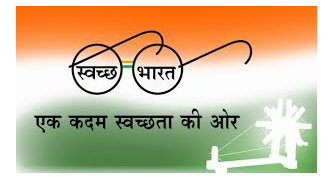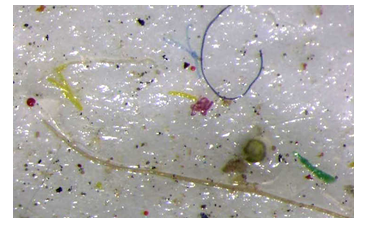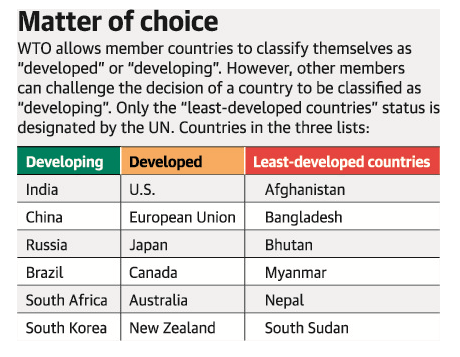ODF+
Category: Welfare

- In a nascent effort to look beyond toilets and kick off its ODF+ phase — that is, Open Defecation Free Plus — focussing on solid and liquid waste management, the Swachh Bharat Abhiyan (SBA) has included the prevalence of plastic litter and water-logging in villages as indicators of cleanliness in its 2019 rural survey.
- For the last five years, ever since the SBA was launched on Gandhi Jayanti in 2014, its main focus has been on eliminating open defecation by constructing toilets and promoting their usage through widespread behaviour change programmes.
- With the October 2, 2019 deadline looming near, and the original goal almost achieved according to government data, the mission is moving on to its next phase.
- ODF+ will have four main verticals — solid waste management divided into biodegradable waste and plastic waste, and liquid waste management divided into grey water, or kitchen waste water, and faecal waste.
Chief of Defence Staff
Category: Defence

- Prime Minister announced the appointment of a Chief of the Defence Staff (CDS) who will be above the three service chiefs.
- The creation of the CDS will eventually lead to the formation of tri-service theatre commands intended to create vertical integration of the three forces.
- The CDS will be a single-point military adviser to the government and synergise long-term planning, procurements, training and logistics of the three services. This is expected to save money by avoiding duplication between the services, at a time of shrinking capital expenditure within the defence budget.
- In 2012, the Naresh Chandra committee recommended the appointment of a Permanent Chairman Chairman of Chiefs of Staff Committee (COSC) as a midway to allay apprehensions over the CDS.
- Currently, the senior-most of the three chiefs functions as the Chairman of the COSC but it is an additional role and the tenures have been very short.
Microplastics in snow
Category: Environment

- Minute microplastic particles have been detected in the Arctic and the Alps, carried by the wind and later washed out in the snow.
- Every year, several million tonnes of plastic litter course through rivers and out to the oceans, where they are gradually broken down into smaller fragments through the motion of waves and the ultraviolet light of the sun.
- Microplastic particles can be transported tremendous distances through the atmosphere. These particles, defined as shreds less than five millimeters in length, are later washed out of the air by precipitation, particularly snow.
- Concentrations of the microparticles in the Arctic were significantly lower than in the European sites, but still substantial.
- The hypothesis for airborne transportation builds on past research conducted on pollen, where it was confirmed that pollen from near the equator ends up in the Arctic. Similarly, dust from the Sahara desert can cover thousands of kilometres and end up in northeast Europe.
WTO
Category: International institutions






